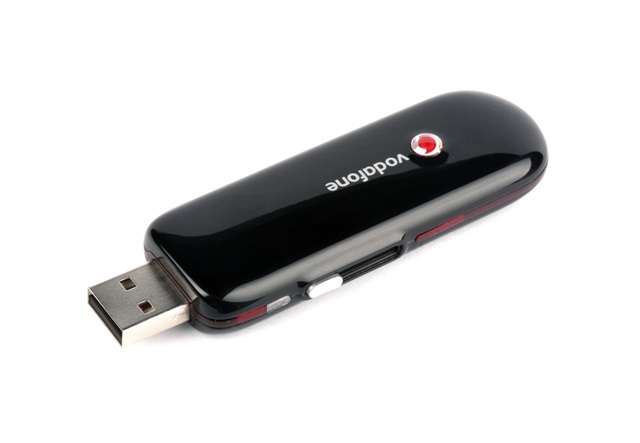After returning from the patchwork of hotel broadband access in the US, JOHN HARRIS discovers that prepaid global roaming broadband plans may provide the answer.
Sooner him than me: South Australian Declan O’Callaghan is travelling halfway round the world to run 42km through the Big Apple this Sunday.
Attracting 37,000 participants, the New York City Marathon draws both professional athletes and enthusiastic amateurs like Mr. O’Callaghan, who is general manager for mobile carrier Vodafone in SA.
Incentives include US$600,000 in prize money - nearly $1 million in this country at our current exchange rate - plus two million on-the-street spectators and 315 million more watching on the box.
After the finishing line festivities at Central Park, Mr. O’Callaghan will head back to his hotel to catch up on correspondence from Adelaide, where it will be Monday morning.
 However, rather than paying New York City’s notoriously steep broadband charges - which was $12 a day for a flaky network in the “cheap” hotel I stayed at last year - Mr. O’Callaghan will use a USB device that allows his notebook to access broadband via Vodafone’s worldwide 3G mobile network.
However, rather than paying New York City’s notoriously steep broadband charges - which was $12 a day for a flaky network in the “cheap” hotel I stayed at last year - Mr. O’Callaghan will use a USB device that allows his notebook to access broadband via Vodafone’s worldwide 3G mobile network.
While global roaming for voice calls is nothing new, it remains very expensive. Global roaming for data is a more recent innovation.
Although Vodafone is the smallest of the big three Australian mobile networks - behind Telstra and Optus - it is the world’s largest mobile network company, with a direct presence in 25 countries and partner networks in another 42 nations.
Vodafone takes advantage of this global scale to provide a flat rate for its pre-purchased Roaming Data Bundles. Vodafone’s data plans covers 38 countries, including popular destinations such as China, the US, UK, New Zealand, Singapore and India.
Data roaming overcomes one of the great pains for regular travellers. While many hotels offer free Internet access, the quality of these services can vary greatly, particular at the budget end of the spectrum.
Vodafone’s data packs cost either $49 for 25 megabytes (MB) of data or $199 for 120MB – which is $1.96 or $1.66 per MB. This compares to typical global roaming charges of $10 or more per MB.
Prepaying $200 disappears in the tips and taxes of your overseas travel budget, but the convenience of having on-call Internet access in hotel rooms, airports and other transit points is a priceless benefit.
Even the “Light” 25 MB pack will go a long way on the road, given that it is largely used for occasional Internet access. After all, broadband services advertised by hotels actually work in many locations.
An affordable data roaming service would have proved useful during my recent trip to the US, although when we spoke, Mr. O’Callaghan conceded he was glad I wasn’t a Vodafone customer after reading my dummy spit about Optus in last week’s column.
John Harris is managing director of Impress Media Australia. You can view his website at www.johnharris.net.au .
Related News
- Attack of the clones JOHN HARRIS discovers that Apple's popular iPhone has a new rival, in the form of Blackberry Storm, released in Australia today. Nearly two years after Apple revealed its...
- Just What the Doctor Ordered After years of struggling to use his notebook computer in economy class cabins, JOHN HARRIS has diagnosed that he needs a tablet to cure his ills. I am the worst type of com...
- Discovering the hidden secrets of Windows In a world enamoured by touchscreen convenience, JOHN HARRIS uncovers the convenience of keyboard shortcuts hidden in Windows. While using Windows today is as thrilling as chewing ...
- How did I live without that? After the recent release of a device that records car crashes as they occur, John Harris eagerly awaits the day when he can use this marvellous technology to identify the cause of ...












